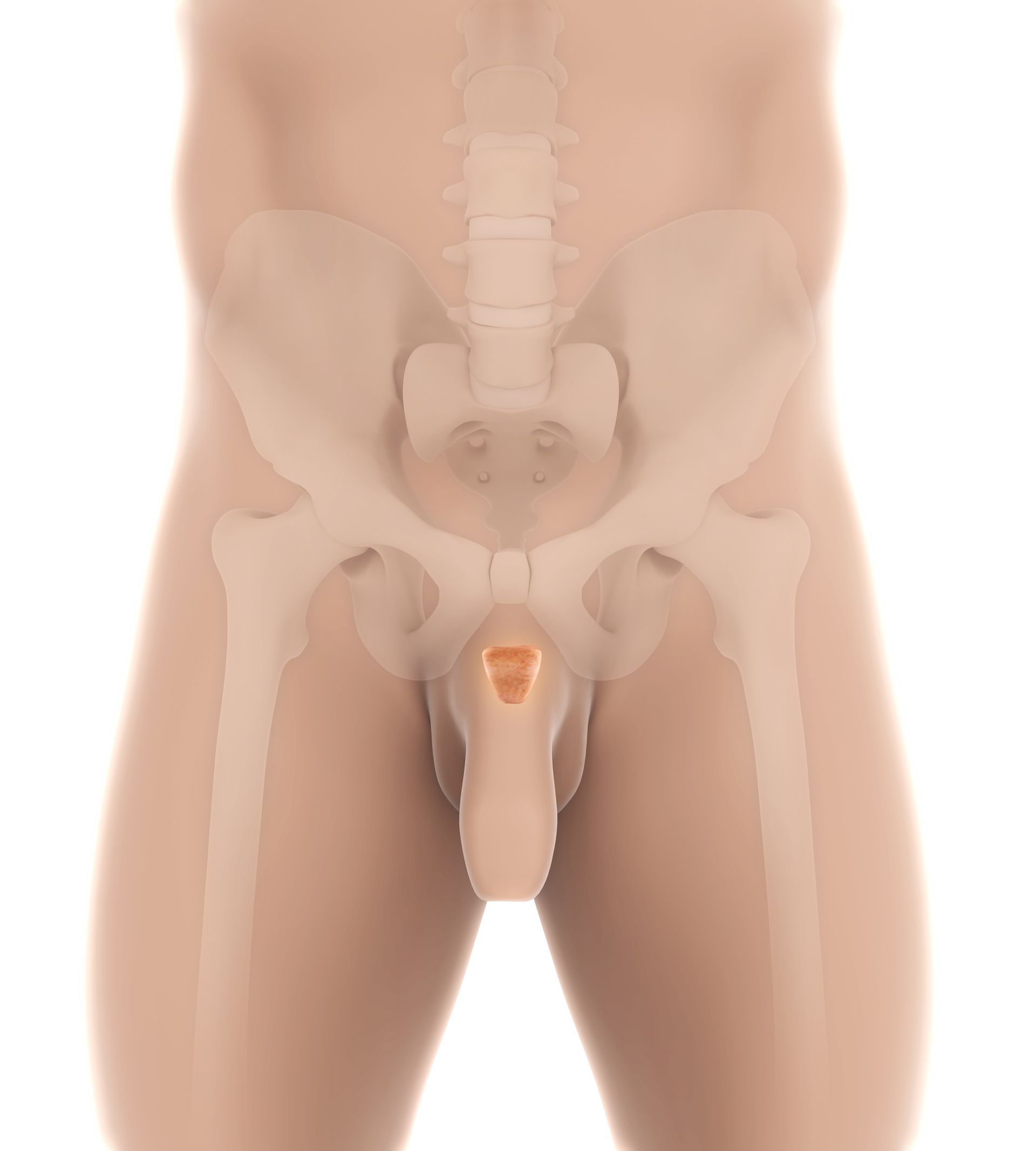Prostate Cancer

Cancers of the prostate, the small, muscular gland that produces semen, are almost always adenocarcinomas -- malignant tumors that form in tissue. Most prostate cancers grow slowly and don't cause symptoms. Often, men die of other causes, and autopsies reveal they had prostate cancer without even being aware of it. The presence of prostate cancer is usually detected when prostate gland cells are examined under a microscope.
SEEK HELP FOR THESE SYMPTOMS:
* Changes or difficulty in urinating
* Blood in urine or semen
* Difficulty getting an erection
* Weakness or numbness in the legs or feet
* Loss of bladder or bowel control
TREATMENT:
Medical professionals may suggest not treating this cancer unless it's advanced, in which case surgery can remove the cancerous tissue and radiation can contain or kill it.
Cryotherapy -- freezing the cancerous area -- isn't usually an initial treatment; however, after radiation and surgery, it can kill remaining disease cells. Hormone therapy -- specifically, androgen deprivation -- can also be started after surgery or radiation. This will prevent male hormones from causing prostate cancer cells to grow.
Chemotherapy is usually used only if the cancer has spread or is unresponsive to other treatments. Common chemotherapy drugs for prostate cancer include estramustine, cabazitaxel, mitoxantrone and docetaxel.
* The prostate is a small, walnut-shaped gland located beneath the bladder that produces seminal fluid.
* Prostate cancer cells can spread, particularly to the bone and lymph nodes.
